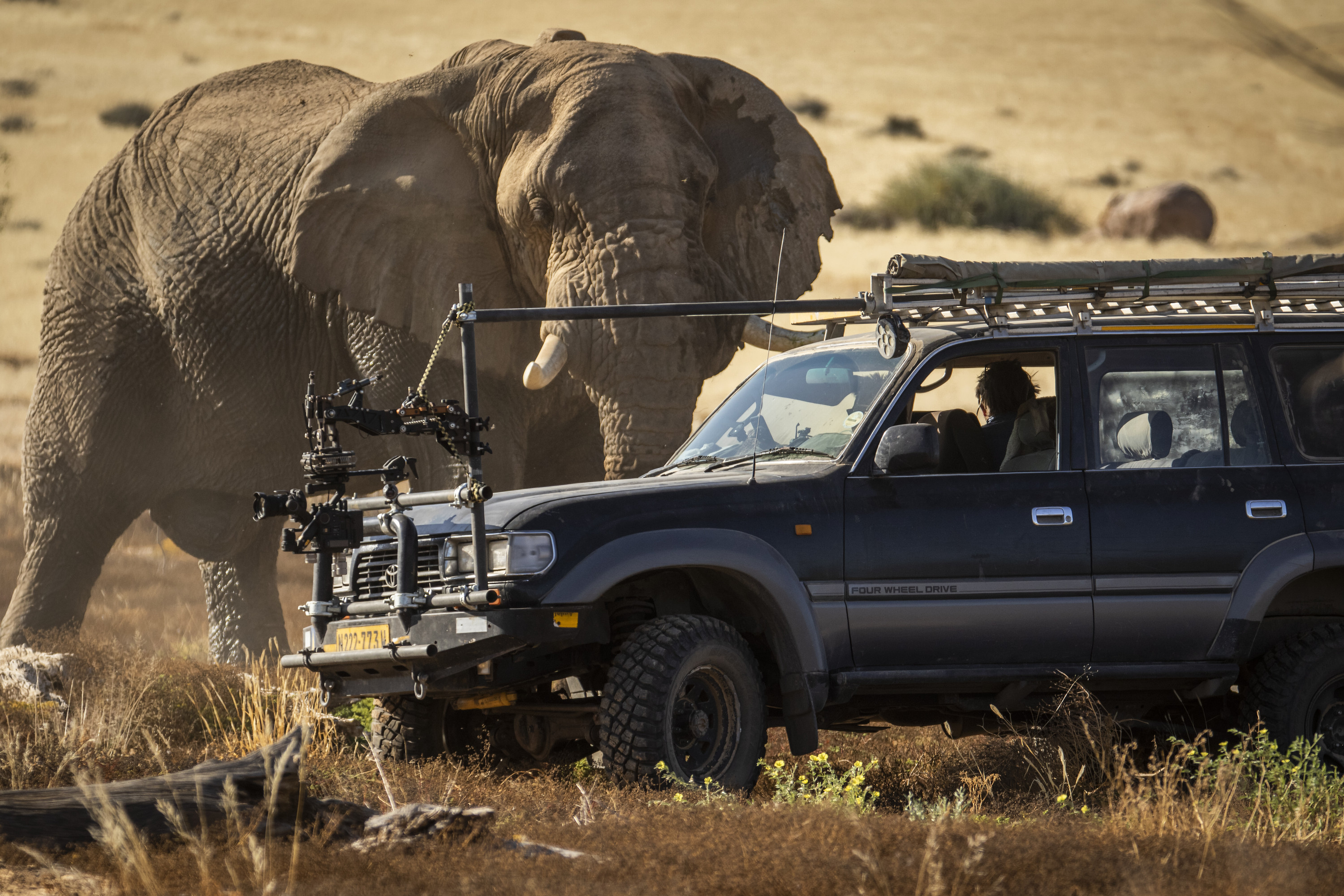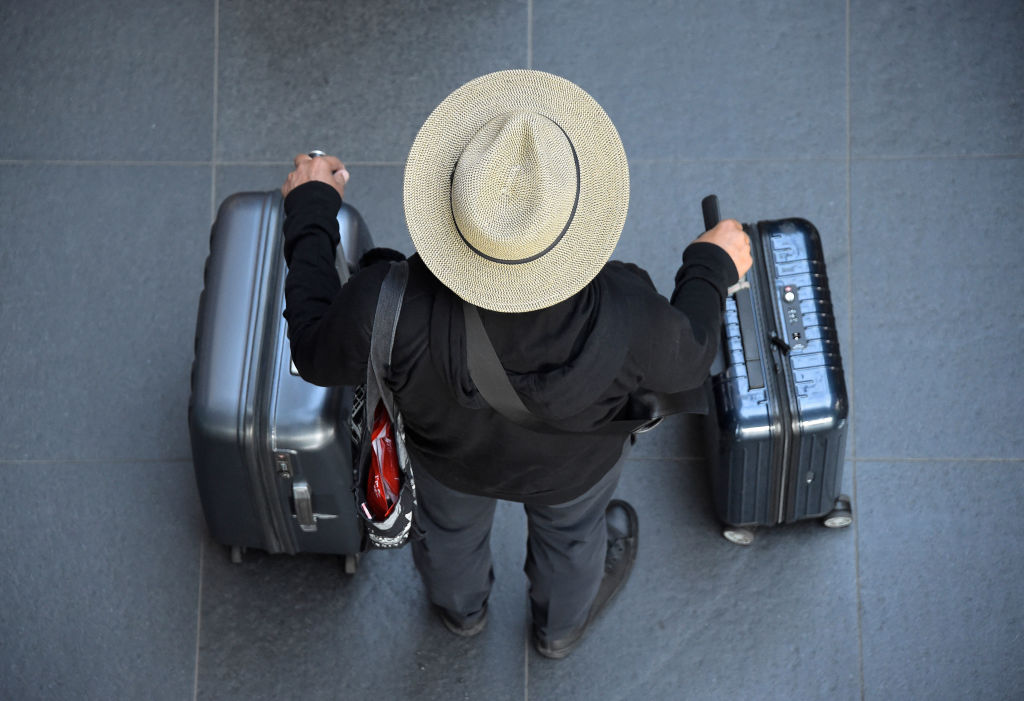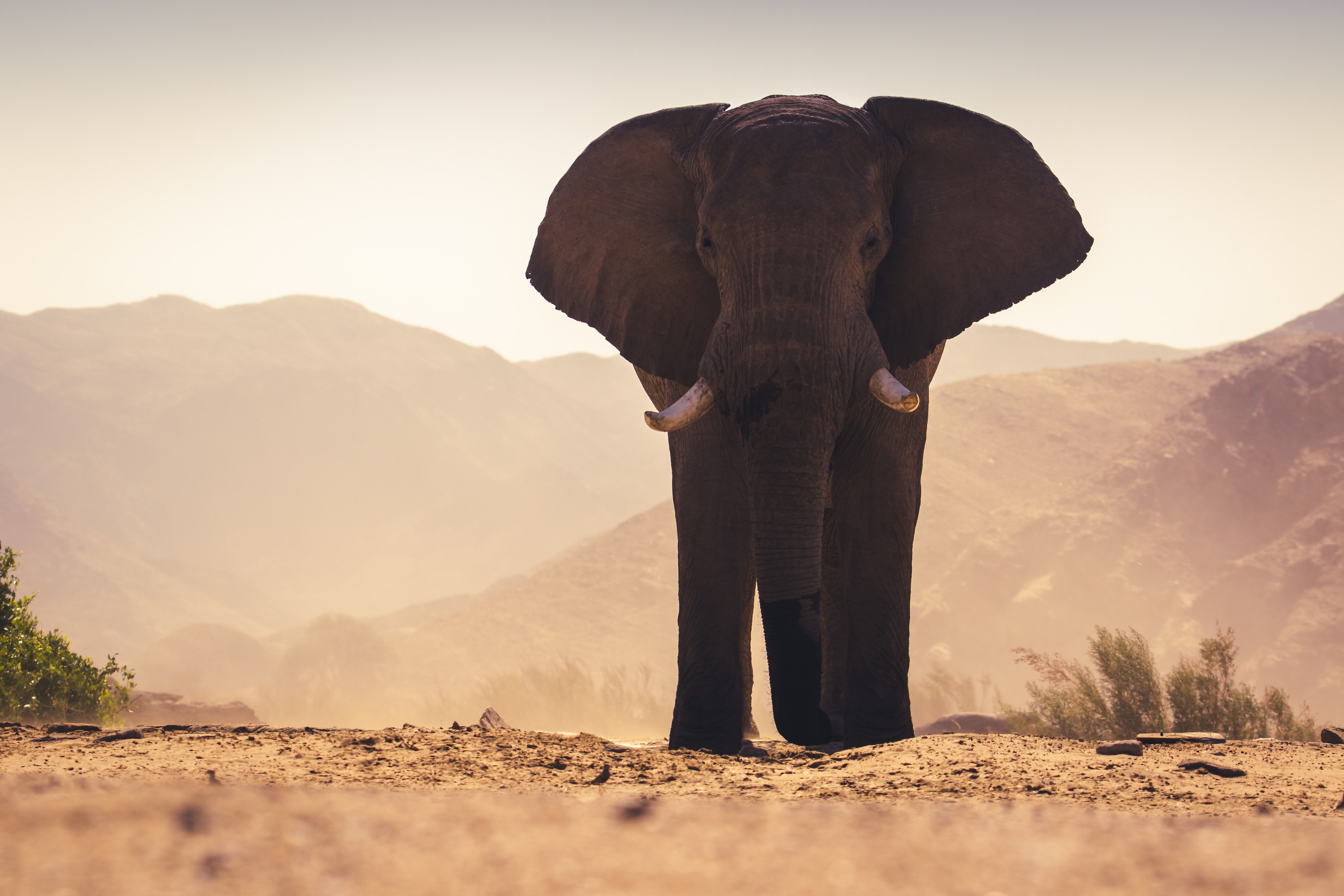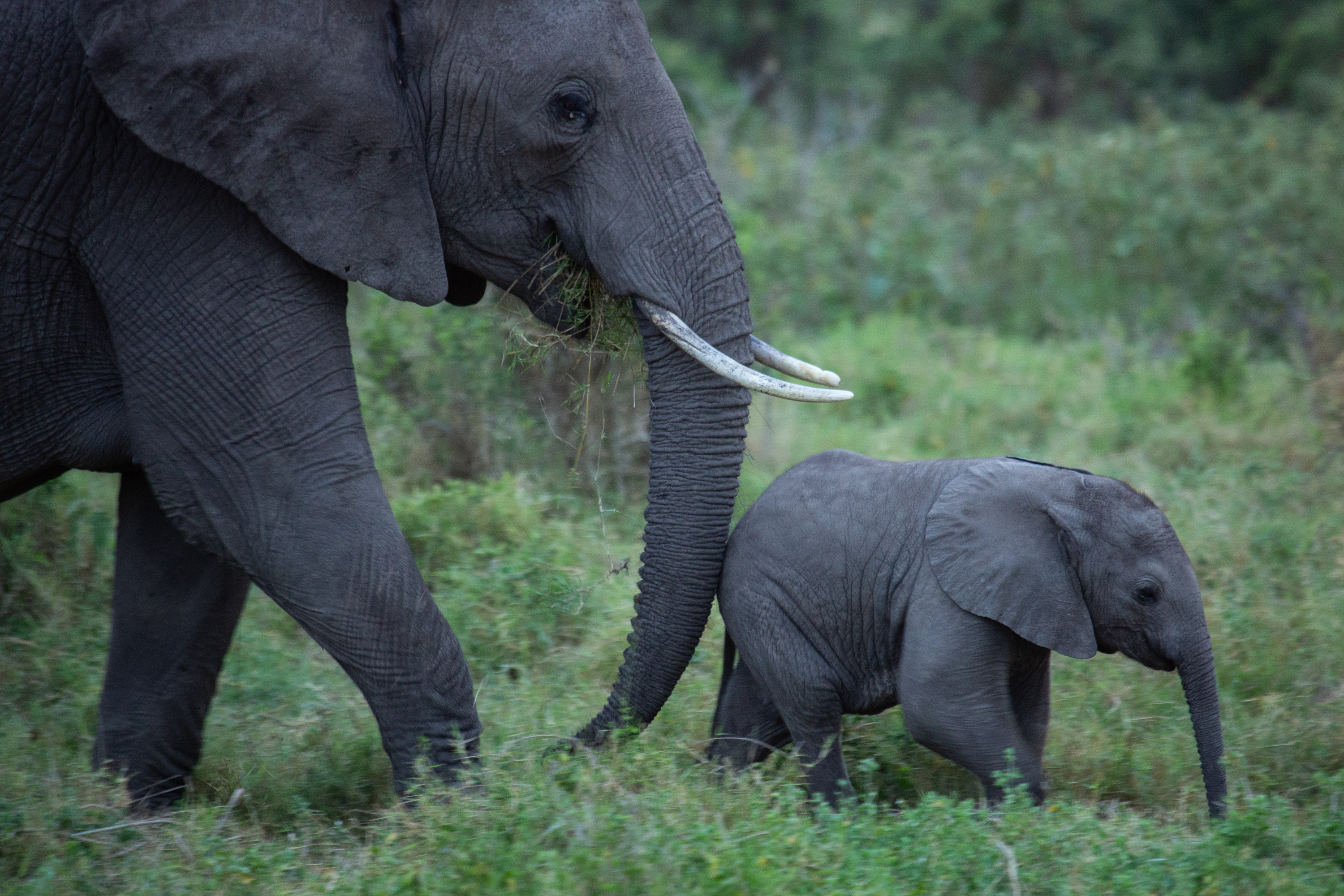The Check-In: Getting up close and personal with elephants, eco-friendly travel tips for Earth Day, and more
Mother Nature is the star of the show in this season of travel


Welcome to The Check-In, our weekend feature focusing on all things travel.
These eco-friendly travel tips keep Mother Nature in mind
Whether it's a month-long family vacation or a weekend getaway, there are ways to make sure this voyage is environmentally friendly from beginning to end.
Thrillist has put together some tips for travel that doesn't take too much of a toll on the planet. No. 1: skip flying when possible — if you're not going that far, consider driving or taking a train, to lower greenhouse gas emissions. For long-distance travel where flying is a must, pick a low-emissions airline. Alix Collins with the Center for Responsible Travel told Thrillist it's best to book a direct flight on a newer aircraft, like the Boeing 787 Dreamliner or A320neo, since takeoffs and landings are the most energy intensive parts of a flight.
Subscribe to The Week
Escape your echo chamber. Get the facts behind the news, plus analysis from multiple perspectives.

Sign up for The Week's Free Newsletters
From our morning news briefing to a weekly Good News Newsletter, get the best of The Week delivered directly to your inbox.
From our morning news briefing to a weekly Good News Newsletter, get the best of The Week delivered directly to your inbox.

When it comes to hotels, look for the LEED (Leadership in Energy and Environmental Design) certification. This is a set of sustainability guidelines, and takes into consideration things like pollution reduction efforts and whether guests and staff are exposed to chemicals. Greenwashing — making something appear to be more environmentally friendly than it is — remains an issue, and it's important to look into whether hotels can back up their claims. "Companies making an honest effort to be more sustainable will be doing more than simple, energy-saving efforts like asking guests to reuse their towels," Collins said. "In addition to these energy-saving efforts, sustainable companies will also be partnering with and giving back to the community and operating in a way that minimizes negative impacts on the environment, wildlife included."
Farm to Table Trail Pass guides diners through Bellingham
The Farm to Table Trail in Bellingham, Washington, is a win-win for visitors and the city's restaurants.
The trail gives diners a chance to try dishes made from local ingredients sourced from farms and fisheries, while giving the restaurants exposure to a new audience. It's simple: to get started, download the Farm to Table Trail Pass to your phone. This is a passport with a curated list of Bellingham restaurants, bars, bakeries, wineries, and other food-related venues that offer discounts and deals. At each location, users check in and record their visit to the passport, which unlocks the savings and enters them into a seasonal raffle.
There's no shortage of local ingredients for chefs to choose from — about 300 different crops are grown in Washington, and the state is the top producer of apples, hops, blueberries, pears, spearmint oil, and sweet cherries.
A free daily email with the biggest news stories of the day – and the best features from TheWeek.com

A passion for conservation has taken cinematographer Bob Poole around the globe
After four decades of filming wildlife in all corners of the world, Emmy Award-winning cinematographer Bob Poole still experiences firsts.
Recently, it was witnessing the birth of a desert elephant in the Namibian wild. He captured the remarkable event while filming for National Geographic's Secrets of the Elephants, out now. "It was exciting, and it kind of felt like all the work I had done in my life had led up to that moment," Poole told The Week. "Everything was clicking and it felt like so many things could have gone and wrong and I would have missed the moment."

This first-of-its-kind footage was caught on camera because Poole had just finished setting up his equipment and getting it focused on a herd of elephants he had been following for about a month. He's found that when it comes to filming wildlife, "being prepared is the most important thing, and having good luck. That's part of it. Also, the locations lend themselves so wonderfully for telling these great stories."
In Namibia, "I was really impressed by the scale, the massive size of this landscape, and how few elephants are actually there," Poole said. "To film them, you have to find them first. It's not like you just stumble into them. You have to search for them and track, and follow the tracks until you find them. That's the way we did it."
Patience is a requirement for any filmmaker in the wild, as is knowing how to stay out of the way. "You must give them respect and space and not stress them in any way," Poole said. "You don't get natural behavior if you're interfering with their lives. We work really hard not to disturb them in any way. You're basically following and not doing anything but looking for shots you could make to help tell the story."

Elephants have been a major part of Poole's career, which began in high school after his father, who worked in wildlife conservation in Kenya, died in a car accident. A crew asked him to be their bush driver while they filmed a National Geographic movie on elephants, and he kept in touch with one of the cameramen. Once he graduated from college, he was hired as a camera assistant, and began traveling the world, learning from a "quintessential National Geographic camera guy" about lighting and other technical details as well as the history of the countries they were visiting.
Each project gave him a chance to grow as a camera operator, and later, director of photography and program presenter. He has gone to some of the most remote and rugged areas of Asia and Africa, where he filmed elephants and gorillas in places devastated by war, and said he's been in "numerous situations [that] made me, would make anyone, uncomfortable. People often ask me the most dangerous animal I filmed, and I always say, 'People.'"

Elephants, Poole said, are intelligent and "pretty predictable once you understand them, start to understand what they are saying — they really are speaking. There is so much more to them beneath the skin and I couldn't get enough of them. They are the most interesting of all creatures that I've filmed."
It is his hope that programs like Secret of Elephants — which also features his sister, elephant researcher Joyce Poole — will inspire people to join efforts to conserve elephants; steps that need to be made include ending legal hunting and setting aside more land for them to roam freely. Another way to support elephants is by "going and visiting these places for yourself," Poole said. "It shows local governments that their wildlife is worth protecting, when the money comes in from tourism. Local people also get good jobs from it. That's important."
Plan accordingly: Upcoming events to add to your calendar
Tiptoe through the tulips at an event that's quintessentially spring. The 75th Annual Albany Tulip Festival in New York will take place on May 13 and 14 at the 81-acre Washington Park. The tulip is the star of the show, with more than 140,000 flowers in 150 varieties on display, but there's also a fine arts exhibition, an artisan fair featuring more than 100 vendors selling their handmade crafts, and live entertainment on two stages, with Guster and American Authors headlining.

Catherine Garcia has worked as a senior writer at The Week since 2014. Her writing and reporting have appeared in Entertainment Weekly, The New York Times, Wirecutter, NBC News and "The Book of Jezebel," among others. She's a graduate of the University of Redlands and the Columbia University Graduate School of Journalism.



